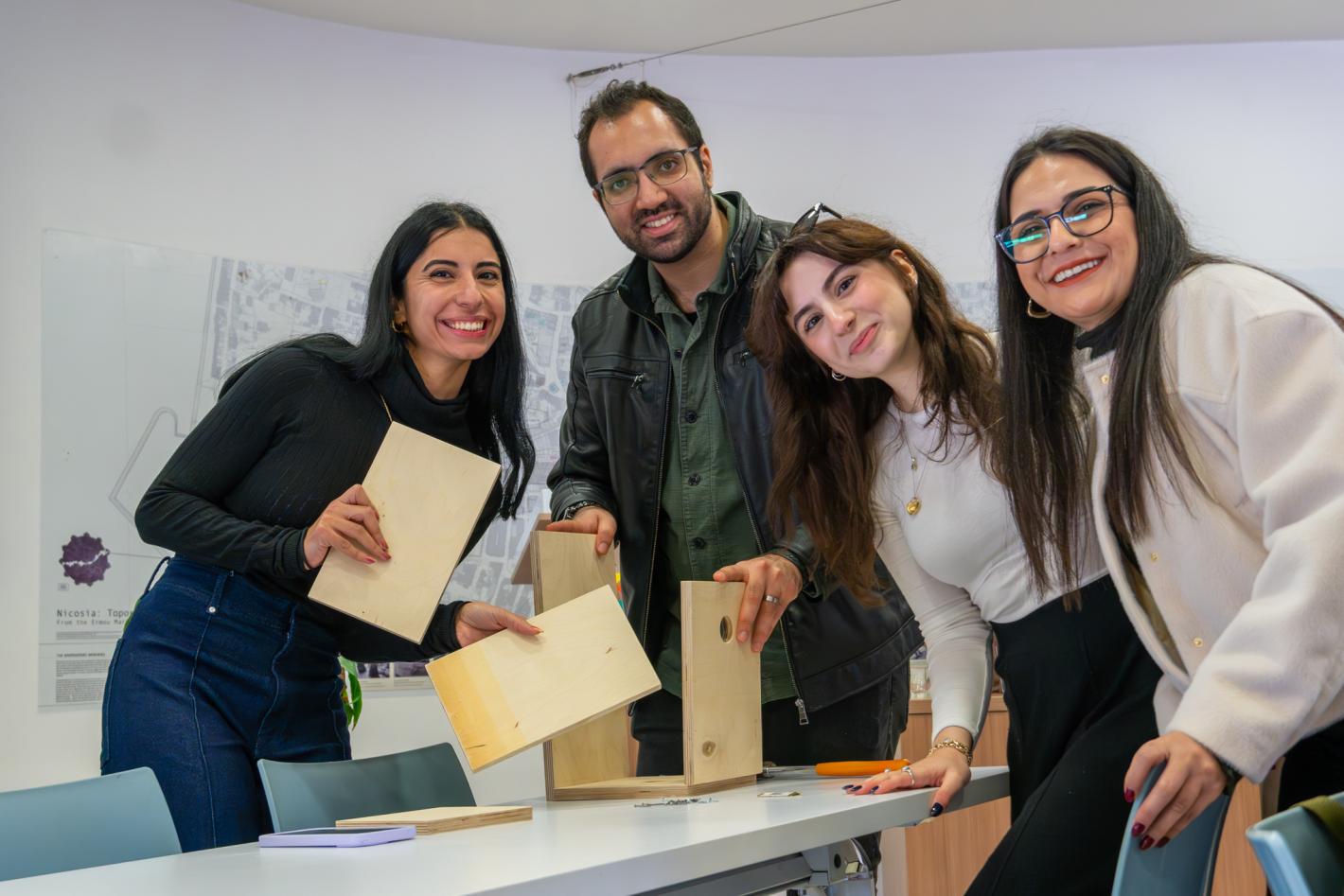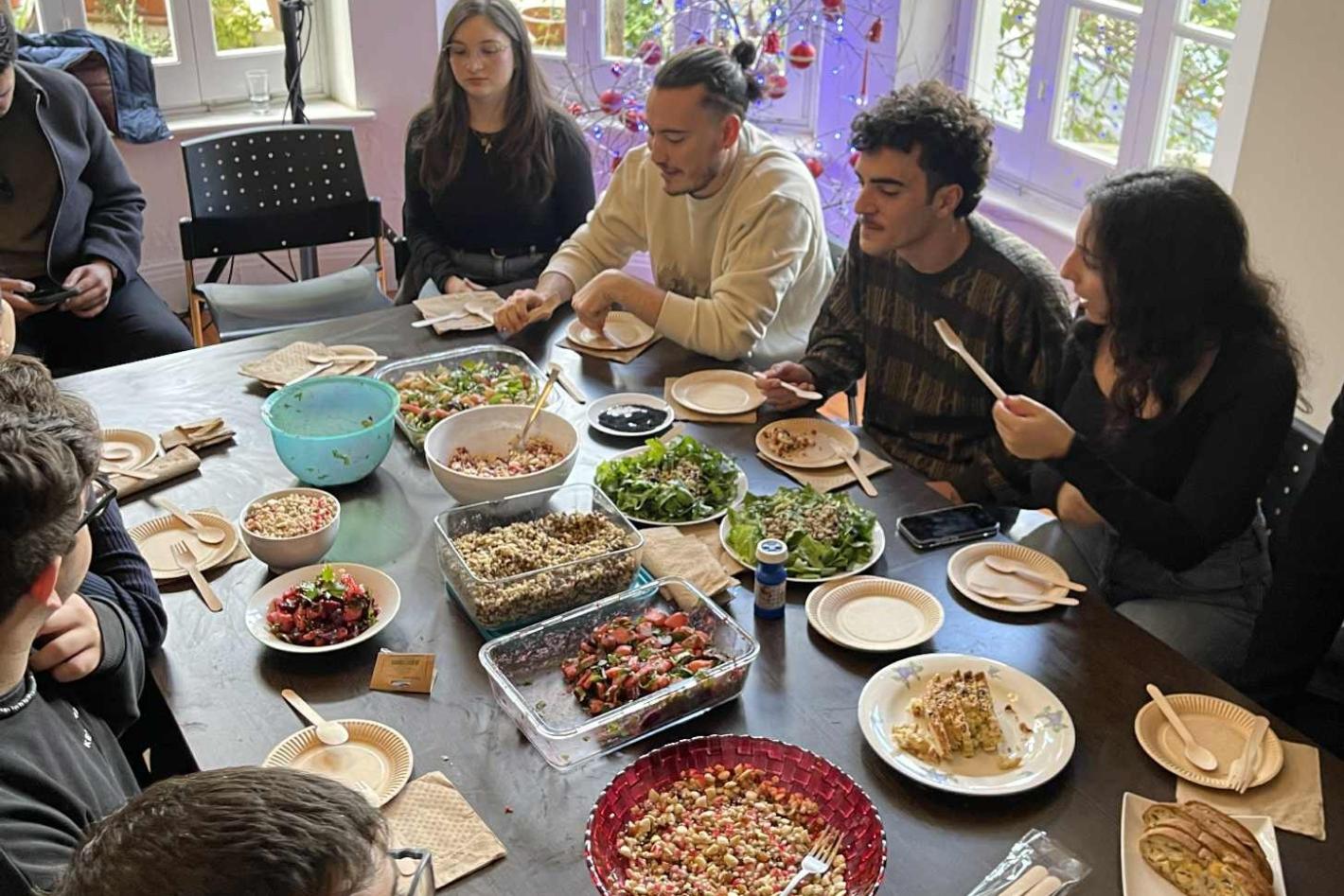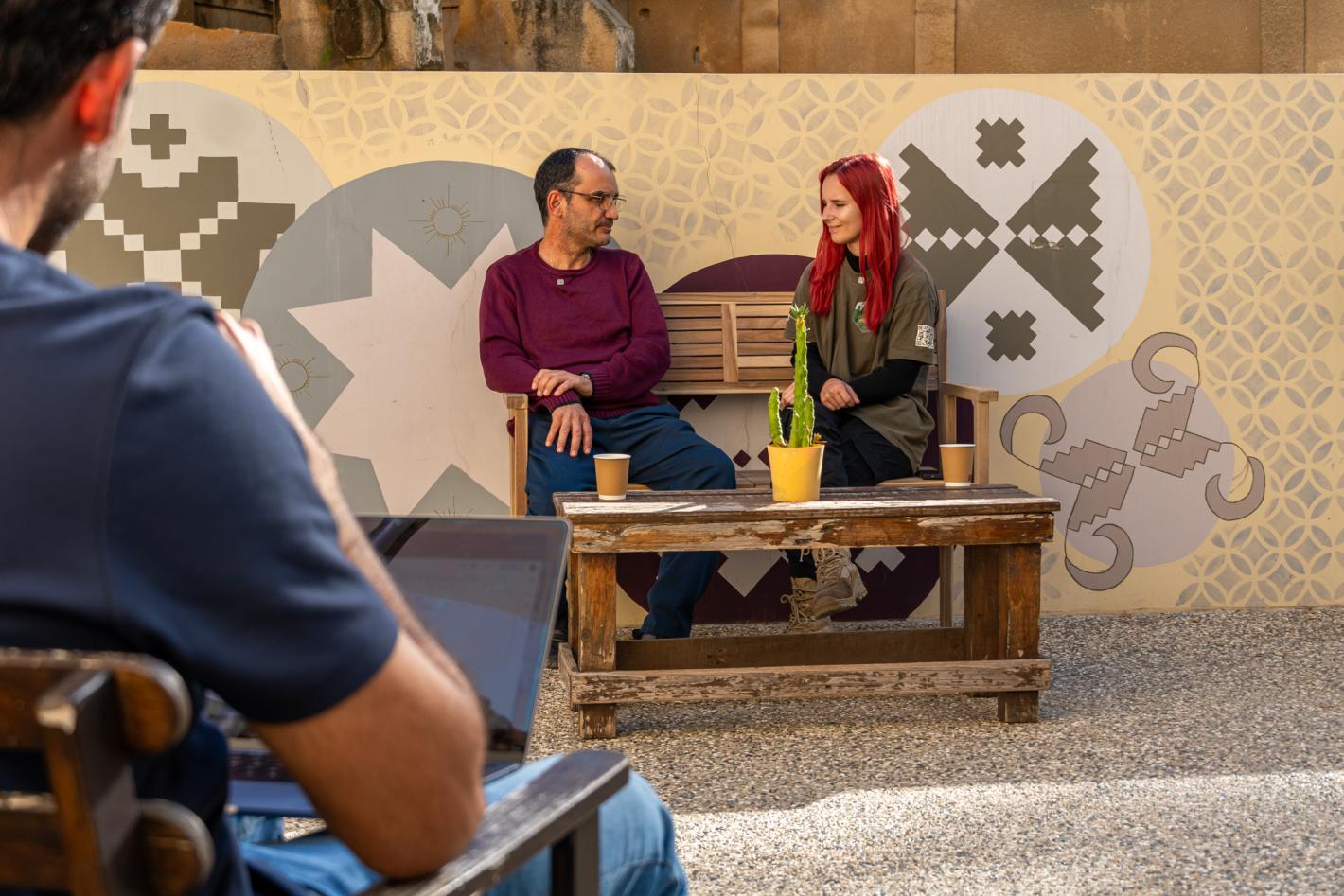In any crisis, domestic violence gets worse, and COVID-19 is no exception. Measures taken against the pandemic are inevitably producing conditions highly conducive to domestic abuse. Isolation, alongside with health and economic problems that pile up, caused globally an upsurge of violence against women and girls. The same is true for the whole of Cyprus.
According to civil society sources, incidents of domestic violence in the Greek Cypriot community increased by 58% since the lockdown, that is, from the middle of March till the 22nd of April 2020. In the Turkish Cypriot community the situation is even worse, as calls on helplines increased up to 10 times since the lockdown. In general, shelters in both communities are not enough to provide support, and alternative accommodation for victims had to be found, while there is no adequate infrastructure to help women after life in the shelter.
Social isolation is already a far too common phenomenon in the lives of domestic violence survivors. It is a powerful weapon used by abusers to perpetuate their cycles of violence by controlling and limiting the partner’s access to the outside, robbing them of support networks and reinforcing feelings of despair. It is therefore with great concern that we are observing no increase (in the Greek Cypriot community) or even a substantial drop (in the Turkish Cypriot community) in the number of domestic violence cases dealt by the police. We argue that the reason for this is a combination of three factors:
- Being stuck under the same roof with the abuser, is making it more difficult for survivors to reach the police.
- Fear of uncertainty and feelings of helplessness are intensified, making survivors more hesitant to seek support and protection.
- Domestic violence is not on the priority list for the police, especially at this time, and as noted in the Turkish Cypriot community, some reports and complaints are handled improperly, or not handled at all and are left undocumented.
Furthermore patriarchy in Cyprus is deep rooted and women are not generally encouraged by society to take life into their hands.
It is, thus, of utmost importance that the gendered impact of the pandemic as well as of the measures taken to combat it, are recognized and addressed.
Technical Committee on Gender Equality
6 May 2020





